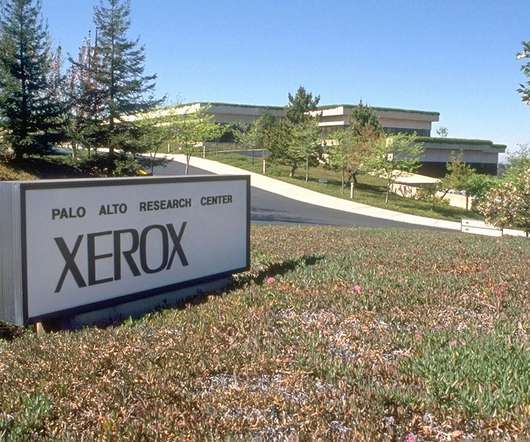DOE awards $97M to 33 bioenergy research and development projects
Green Car Congress
AUGUST 1, 2020
These projects will improve the performance and lower the cost and risk of technologies that can be used to produce biofuels, biopower, and bioproducts from biomass and waste resources. Scale-Up of the Primary Conversion Reactor to Generate a Lignin-Derived Cyclohexane Jet Fuel. Scalable CO 2 electrocatalysis technologies.



























Let's personalize your content